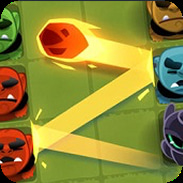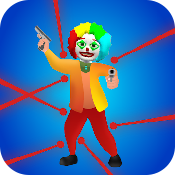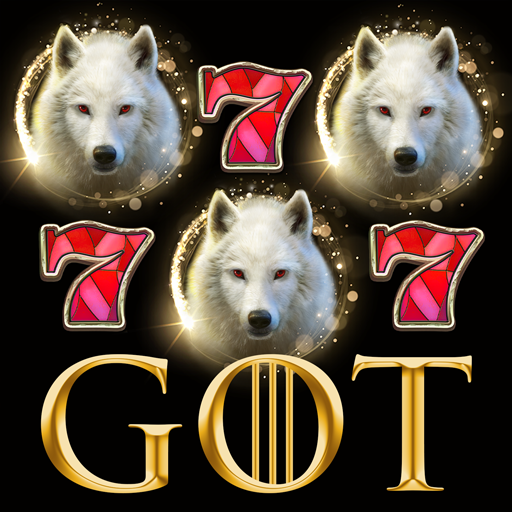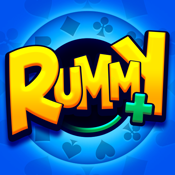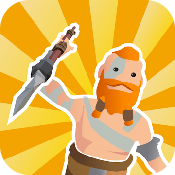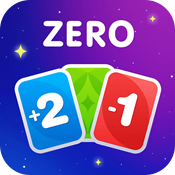Q&A with Jerry Volcy, Co-Director of the Spelman Innovation Lab
Q&A with Jerry Volcy, Co-Director of the Spelman Innovation Lab

Tell us who you are and what your role is in the partnership with Zynga?
I am the Co-Director of the Spelman Innovation Lab. The Innovation Lab is a unit of the College that aims to put Spelman students in a leadership position for adopting and using technology to enhance the curricular art, humanities, social, and natural science programs of the College. The Game Dev program within the Innovation Lab started as a way of adding computer technology to the existing art and storytelling strengths of the College. I lead this effort which, in partnership with Zynga, we have been able to significantly grow over the past few years.
Prior to this partnership, what was the status/representation of game design at Spelman College?
Prior to the partnership with Zynga, Game Design and Development as an academic program was a vision. Up until that point, game dev was a small, co-curricular experiment for which the demand and interest among students was unknown. It was not a subject of conversation among the faculty nor the student body.
What has driven the interest in gaming at Spelman College to start the school down this pathway to partnering with a gaming company in the first place?
The gaming program took hold at the College as a direct response to the Covid-19 pandemic. The pandemic shutdown the Innovation Lab’s makerspace, which at that point served as the primary conduit for introducing liberal art students to new technologies. The pandemic forced us on-line which gave us the opportunity to experiment with the idea of using games as a vehicle for bringing art, storytelling and computer programming together such that the overall mission of the Lab would continue. That semester of experimenting remotely with game dev made it clear that game development not only permitted the Lab to complete its objectives, in many ways, it proved to be a more effective way of doing so. Once we emerged from the pandemic, student interest made it clear that we should expand and enhance our offerings in this space. Enter Zynga. The partnership brought with it funds to develop courses, resources for building out a game dev classroom and scholarships to encourage student awareness. Most importantly, the financial investment by Zynga provided the credibility needed to garner faculty buy-in to the creation of game design and development classes. As a secondary intangible benefit, the partnership permitted the Innovation Lab to build a vision that would eventually attract funding from other sources.
After 3 years of partnerships between Zynga and Spelman College, how has the funding helped shape and support the interest in gaming on campus?
The partnership with Zynga has drawn attention to the program from students, faculty, external collaborators and other funders. Collectively, these have permitted the program to achieve rapid growth and progress, moving from a tiny co-curricular experiment to become the first ever academic minor program in game development at an HBCU in the span of 3 years. The program
1) offers scholarships to students interested in game dev
2) offers multiple courses in game design and development
3) hosts an annual HBCU game jam to expand opportunities in gaming to other HBCUs
4) boasts a $1.3M funded research program in VR
5) has placed multiple students in game-dev related internships
6) has a first game design and development independent major student

Looking ahead to the next few years, how do you hope to see gaming grow at Spelman, with both the programming offered, extra curriculars and student engagement?
Our vision for gaming for the next few years is a direct response to student demand: we want to see the curricular program mature from a minor to a major. This involves establishing a permanent game design faculty. We also want to see the co-curricular activities of the Lab (including the HBCU Game Jam) become student-led. Finally, we are looking for ways to increase student placement in internships and permanent positions in the gaming industry by strengthening and expanding our curricular offerings in all aspects of game dev.





